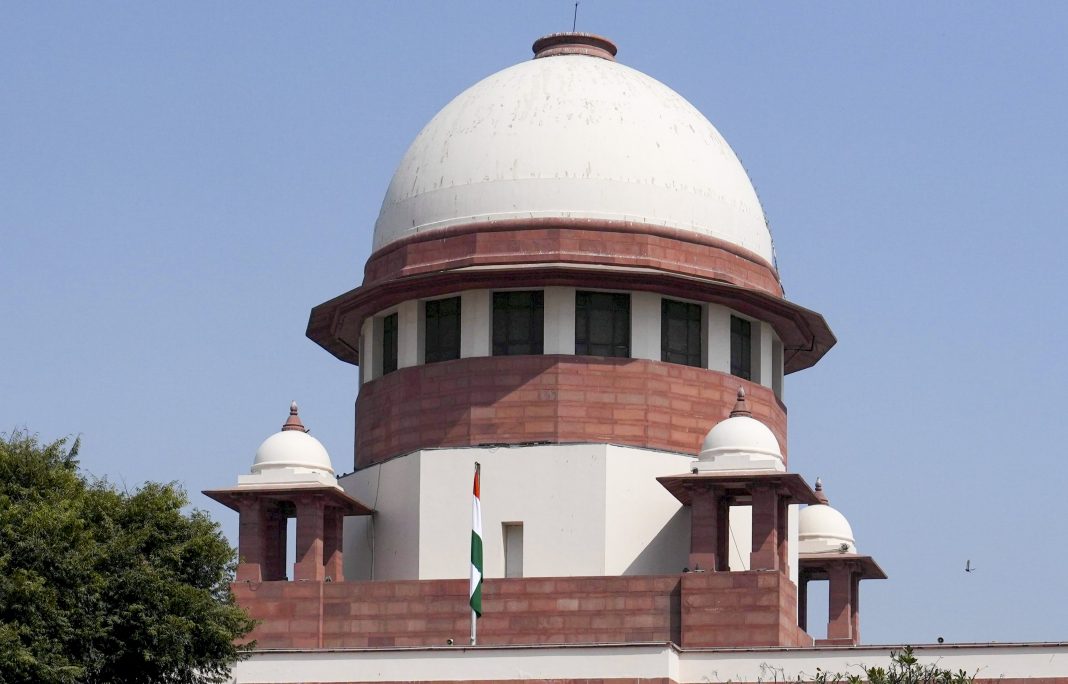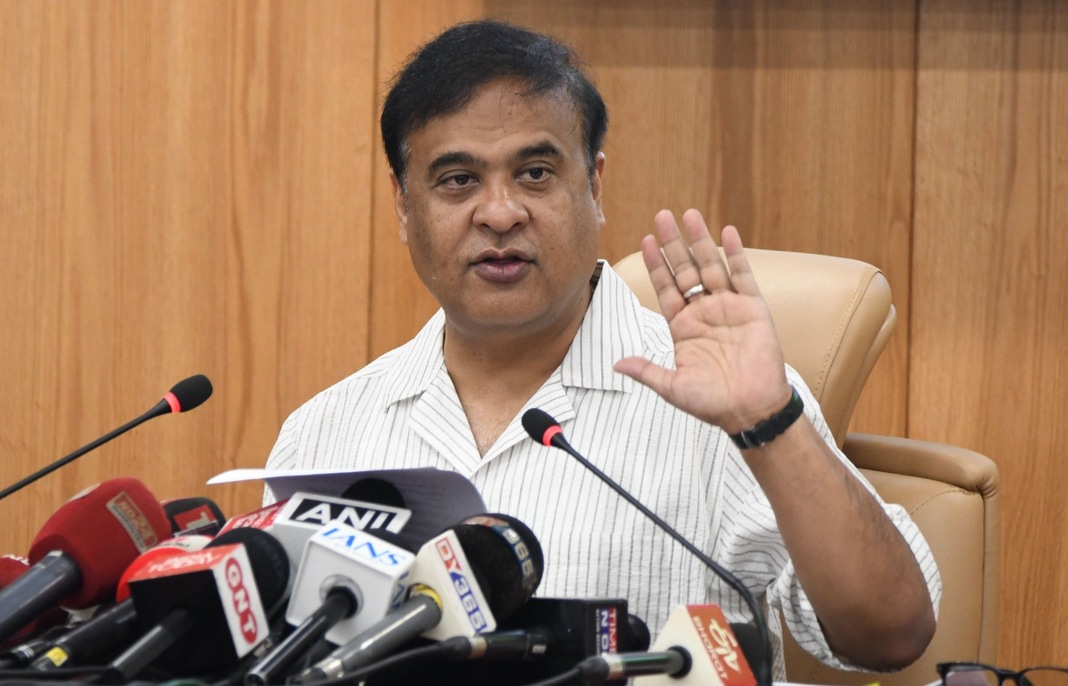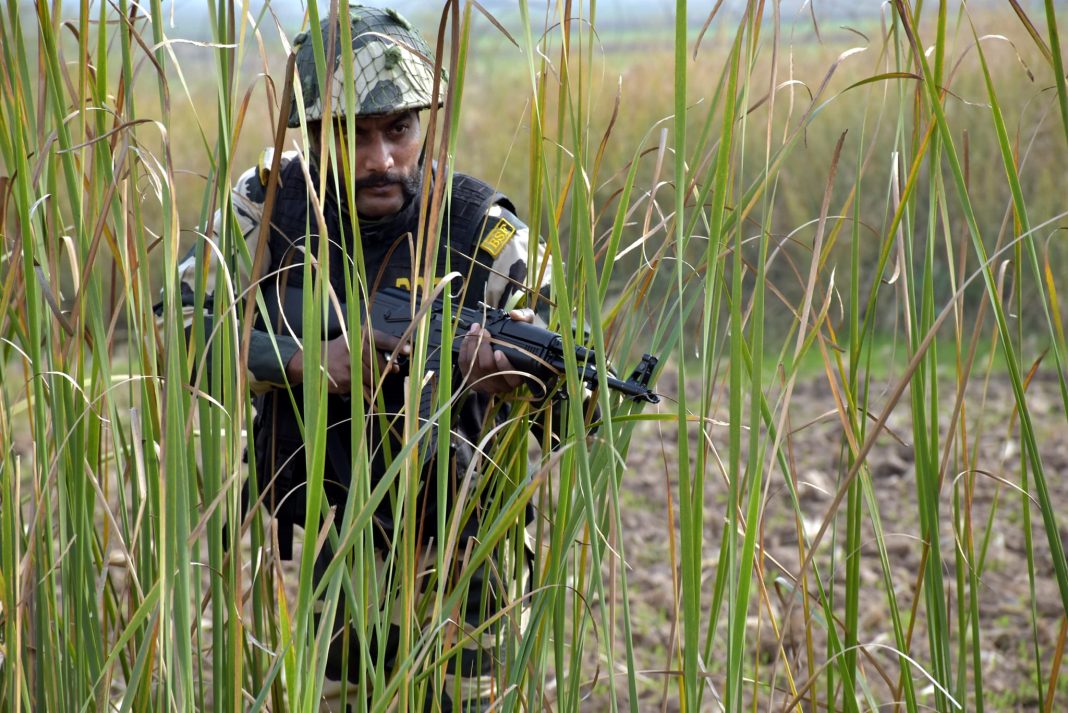
Guwahati, May 28: In a landmark move, the Supreme Court of India on Wednesday ordered the Assam Human Rights Commission (AHRC) to investigate 171 alleged fake police encounters that occurred in the state between May 2021 and August 2022. The apex court also revived a previously closed suo moto case by the AHRC on the matter, originally shut on January 18, 2022.
A bench comprising Justices Surya Kant and N. Kotiswar Singh delivered the directive while hearing a plea filed by advocate Arif Md. Yeasin Jwadder, who sought an independent probe into the killings. Jwadder’s petition challenged a January 2023 decision by the Gauhati High Court, which had dismissed his Public Interest Litigation (PIL).
Represented by noted civil liberties lawyer Prashant Bhushan, with assistance from advocate Ria Yadav, Jwadder argued that many of those killed or injured in the alleged encounters were not dangerous criminals and had been targeted unlawfully. He requested an investigation by the CBI, a Special Investigation Team (SIT), or a police team from another state under court supervision.
While the Supreme Court did not order a CBI or SIT probe, it took serious note of the allegations.
“The allegation that some of these incidents may involve fake encounters is indeed serious,” the court said. “If proven, such actions would constitute a grave violation of the right to life under Article 21 of the Constitution.”
The court also acknowledged that a fair and independent investigation might determine that some incidents were legally justified.

Crucially, the court emphasized due process for victims and their families. It directed the AHRC to issue public notices in English and local languages to allow the participation of affected families in the proceedings.
Furthermore, the court empowered the AHRC to take the investigation further if warranted: “The State Commission may engage the services of retired or serving police officers of impeccable integrity and unblemished record, provided they are not linked to or subordinate to those involved in the alleged encounters,” the bench stated.
The Assam government previously claimed that only around 10% of fleeing criminals were injured in police action over the past decade and defended the use of force as a measure of self-defence.
However, Jwadder’s petition pointed out that between May 2021 and August 2022 alone, over 80 such incidents occurred, resulting in 28 deaths, and claimed many victims were not “dreaded criminals.”
The Supreme Court’s decision to order a state-level human rights probe—while stopping short of a national-level investigation—marks a significant step in addressing rising concerns over police impunity in Assam. It sets a precedent for accountability while placing the burden on state institutions to conduct an impartial review.





